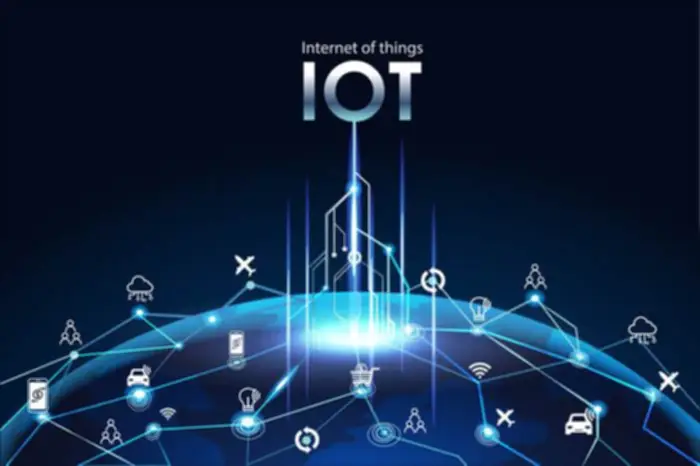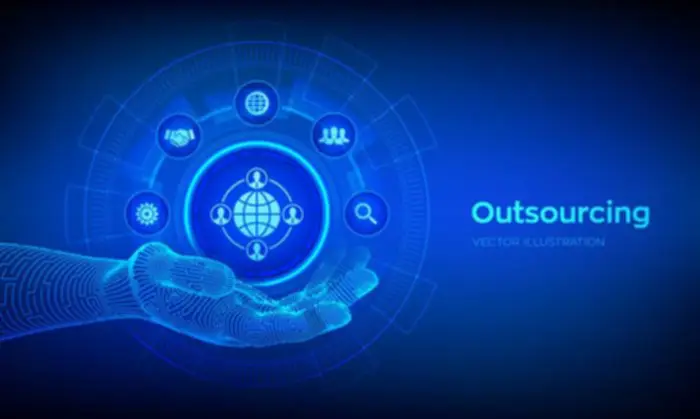If you’re constructing a database automation device or a banking application the place you favor information security and transactional ensures to be enforced, PostgreSQL might be the best match. Not Like MongoDB, PostgreSQL is dependent upon a scale-up technique (vertical scaling) for knowledge volumes and scaling writes. It’s performed by adding extra hardware resources like disks, CPUs, and reminiscence to an present database node. MongoDB also can accommodate use cases that require the fast execution of queries and can handle a great amount of information. Assessing the performance of two totally different database systems is difficult since each MongoDB and PostgreSQL have other ways of storing and retrieving the information.
UpGrad’s programs can guide you in mastering both databases, serving to you make the best selection in your profession. Selecting between MongoDB vs PostgreSQL is dependent upon your application’s knowledge needs, improvement tempo, and performance expectations. PostgreSQL was named DBMS of the Yr by DB-Engines for its growing use.
Another example of the distinction in terminology and syntax between the 2 difference between mongodb and postgresql is that MongoDB makes use of paperwork to obtain knowledge while Postgres uses rows for the same function. MongoDB has the potential for ACID compliance, while Postgres has ACID compliance built-in. ACID (atomicity, consistency, isolation, durability) are ideas or elements that work toward information validity, especially in databases supposed for transactional workflows. The most recent model of PostgreSQL has new features such as improved efficiency for queries and performance positive aspects and area financial savings when B-tree index entries become duplicated. Corporations like Groupon, Trivago, and Revolt use PostgreSQL to manage data. MongoDB provides client-side, field-level encryption via TLS and SSL (Transport Layer Security and Safe Sockets Layer).
- Moreover, as there’s no assist for joins, MongoDB databases are oversupplied with knowledge — typically duplicate — hence closely burdening the memory.
- From monetary techniques to analytics dashboards, its robust relational options make it suitable for enterprise and regulatory environments.
- Relational databases were the answer when it came to storing support knowledge for applications.
- In a table, every row represents individual information points, and every column defines the sort of info that you just retailer there.
- MQL is wealthy in features and helps projection, aggregation frameworks, document querying, aggregation pipelines, geospatial queries, and textual content searches.
Transactions And Consistency
The essential factor to notice here is that transactions enable numerous modifications to a database to both be made or rolled again in a bunch. Subsequently, in a relational database, the info would be modeled throughout unbiased parent-child tables in a tabular schema. Relational databases are great at working complex queries and data-based reporting in instances the place the information structure doesn’t change frequently.

MongoDB’s horizontal scalability and high availability mean it’s perfect for dealing with transactional knowledge in monetary methods. MongoDB is a NoSQL database with a flexible knowledge model, high performance, and effective horizontal scaling. MongoDB has foreign money management mechanisms that use document-level atomicity and optimistic locking.

Initially rooted in relational structures, databases have transitioned in the path of non-relational paradigms, marking a major shift in information management methods. This transformation has been driven by the necessity for enhanced scalability and flexibility in handling numerous data varieties effectively. PostgreSQL is an open-source database which uses traditional RDBMS buildings like tables, triggers, stored Limitations of AI procedures, and views. That makes it a good selection for those used to working with those kinds of databases.
Php Vs Python: Which Language Wins In Net Development?

MongoDB also provides free on-line courses with coaching and certification. Comparing MongoDB vs PostgreSQL, it’s necessary to suppose about scalability capabilities. Each solutions have a load balancer to evenly distribute read queries, ensuring stable operation and high scalability. MongoDB, previously thought-about less secure, now helps ACID transactions by way of its WiredTiger knowledge storage mechanism, rising its reliability.
This whole process doesn’t require difficult code, so you’ll have the ability to move data to the database of your selection with none information engineering expertise. Select from information integration strategies similar to ETL, ELT, ReverseETL, CDC, and extra. MySQL, with its long-standing presence available in the market, boasts a mature and sturdy user interface.
Contemplate a group https://www.globalcloudteam.com/ of customer orders in a MongoDB database, the place every order is represented as a document with fields corresponding to buyer name, order date, and objects purchased. Let’s take a glance at five of the biggest variations that you need to think about when deciding which database to make use of to settle the MongoDB vs. PostgreSQL debate. Replicate data to your warehouses providing you with real-time entry to all your important information. The primary variations between MongoDB vs. PostgreSQL have to do with their systems, architecture, and syntax.
Switching between MongoDB and PostgreSQL depends on your project’s evolving needs. Use MongoDB when flexibility and scalability are essential, significantly for apps dealing with excessive write hundreds or semi-structured knowledge. Change to PostgreSQL when you want reliable transactional integrity, advanced relationships, or superior SQL options for structured information and reporting. It’s reliable for processing transactions and ensuring data consistency.
This structure allows complicated knowledge like consumer profiles, logs, or configuration settings to be saved in one document for simpler entry and faster retrieval. In distinction, PostgreSQL makes use of logical and stream replication to ensure high availability. Logical replication selectively replicates particular tables or subsets of knowledge. Streaming replication creates standby replicas that receive changes in the primary database. Additionally, PostgreSQL makes use of the PostgreSQL Automatic Failover (PAF) to allocate a brand new primary if there’s a failure event. Availability ensures that even during a server outage, there’s no information downtime.
Ultimately, the selection between MongoDB and PostgreSQL will rely on your particular use case, necessities, and preferences. By leveraging the unique options of both databases, developers can tailor solutions that meet their particular wants. If you are on the lookout for a method to streamline database management and enhance your productiveness, consider using Chat2DB (opens in a brand new tab).














